Horses are strong, smart animals that have worked with humans for thousands of years. From farms to royal palaces, they have been used for travel, sports, war, and even healing. Horses are loved for their beauty, speed, and calm spirit.
Scientific Classification
-
Kingdom: Animalia
-
Phylum: Chordata
-
Class: Mammalia
-
Order: Perissodactyla
-
Family: Equidae
-
Genus: Equus
-
Species: Equus ferus caballus
Common Names
-
Horse
-
Stallion (adult male)
-
Mare (adult female)
-
Foal (young horse)
-
Colt (young male)
-
Filly (young female)
Geographic Distribution
Horses live all over the world. You’ll find them:
-
In farms and stables
-
On ranches in America and Australia
-
In deserts, grasslands, and mountains
-
In cities (used by mounted police)
Some wild horses still live in places like Mongolia and parts of the U.S.

Physical Characteristics
-
Height: 1.4 – 1.8 meters (at the shoulder)
-
Weight: 300 – 1,000 kg (depending on breed)
-
Colors: Black, brown, white, grey, chestnut, spotted
-
Mane & Tail: Long and flowing hair
-
Legs: Long and powerful for running
-
Teeth: Can show the horse’s age
Major breeds of Horse
1. Thoroughbred
Used for racing, this horse is tall and slim. It runs very fast and needs lots of exercise.
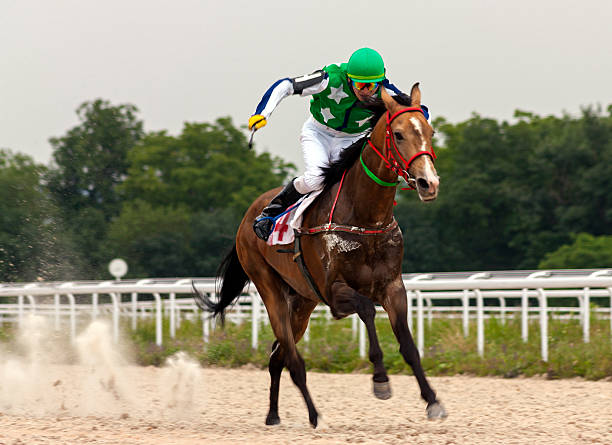 Image showing Thoroughbred horse sprinting on racetrack with a man on it’s back (Source: iStock)
Image showing Thoroughbred horse sprinting on racetrack with a man on it’s back (Source: iStock)
Key Facts:
-
Very fast
-
High energy
-
Needs strong care
-
Good for sports
2. Arabian Horse
This breed is known for its beauty and stamina. It has a shiny coat and lifted tail.
 Image showing Arabian horse in desert (Source: Horseman’sNews)
Image showing Arabian horse in desert (Source: Horseman’sNews)
Key Facts:
-
Smart and loyal
-
Great for long rides
-
Calm but strong
-
Elegant appearance
3. Friesian
Heavy and powerful, Friesians have black coats and thick manes. They are often used in shows.
 Image showing a Black Friesian horse with flowing mane (Source: iStock)
Image showing a Black Friesian horse with flowing mane (Source: iStock)
Key Facts:
-
Calm and obedient
-
Strong and heavy
-
Easy to train
-
Good for events
4. Pony (e.g., Shetland Pony)
Ponies are small but strong. Great for children and beginners. Very friendly.
 Image showing a Small Shetland pony grazing in grass (Source: British Horse Feeds)
Image showing a Small Shetland pony grazing in grass (Source: British Horse Feeds)
Key Facts:
-
Short and stocky
-
Gentle nature
-
Good for kids
-
Easy to manage
What horses eat
Horses are herbivores, meaning they only eat plants. Their diet includes:
-
Fresh grass
-
Hay or dry grass
-
Grains like oats or corn
-
Salt licks
-
Clean water every day
-
Occasional treats like apples or carrots
Fun facts about Horses
-
Horses can sleep while standing up or lying down.
-
Their eyes are on the sides of their heads, they see almost 360 degrees.
-
Horses can recognize your voice and emotions.
-
A horse’s age can be guessed by looking at its teeth.
-
Horses have strong memories and remember people for years.
Importance to Humans
Positive Roles:
-
Used for farming and transport
-
Play sports like polo and racing
-
Serve in police and military work
-
Offer emotional therapy
-
Companionship for riders
Challenges:
-
They need large spaces
-
Can be expensive to feed and maintain
-
Require regular training and handling
Health & common issues
Horses are strong but need careful health monitoring.
Common Problems:
-
Colic (abdominal pain)
-
Lameness (limb or hoof issues)
-
Parasites and worms
-
Dental problems
-
Hoof abscesses
Health Needs:
-
Hoof trimming every 6–8 weeks
-
Deworming and vaccination
-
Dental checks
-
Grooming and exercise
-
Clean water and safe shelter
Conservation Status
Domestic horses are not endangered, but some wild horses like the Przewalski’s Horse are protected.
Horse sanctuaries and wildlife parks help preserve rare breeds.
Horse vs Donkey
| Feature | Horse | Donkey |
|---|---|---|
| Size | Taller, longer legs | Shorter and stockier |
| Ears | Short and rounded | Long and upright |
| Strength | Built for speed and power | Built for endurance |
| Sound | Neigh | Bray (“hee-haw”) |
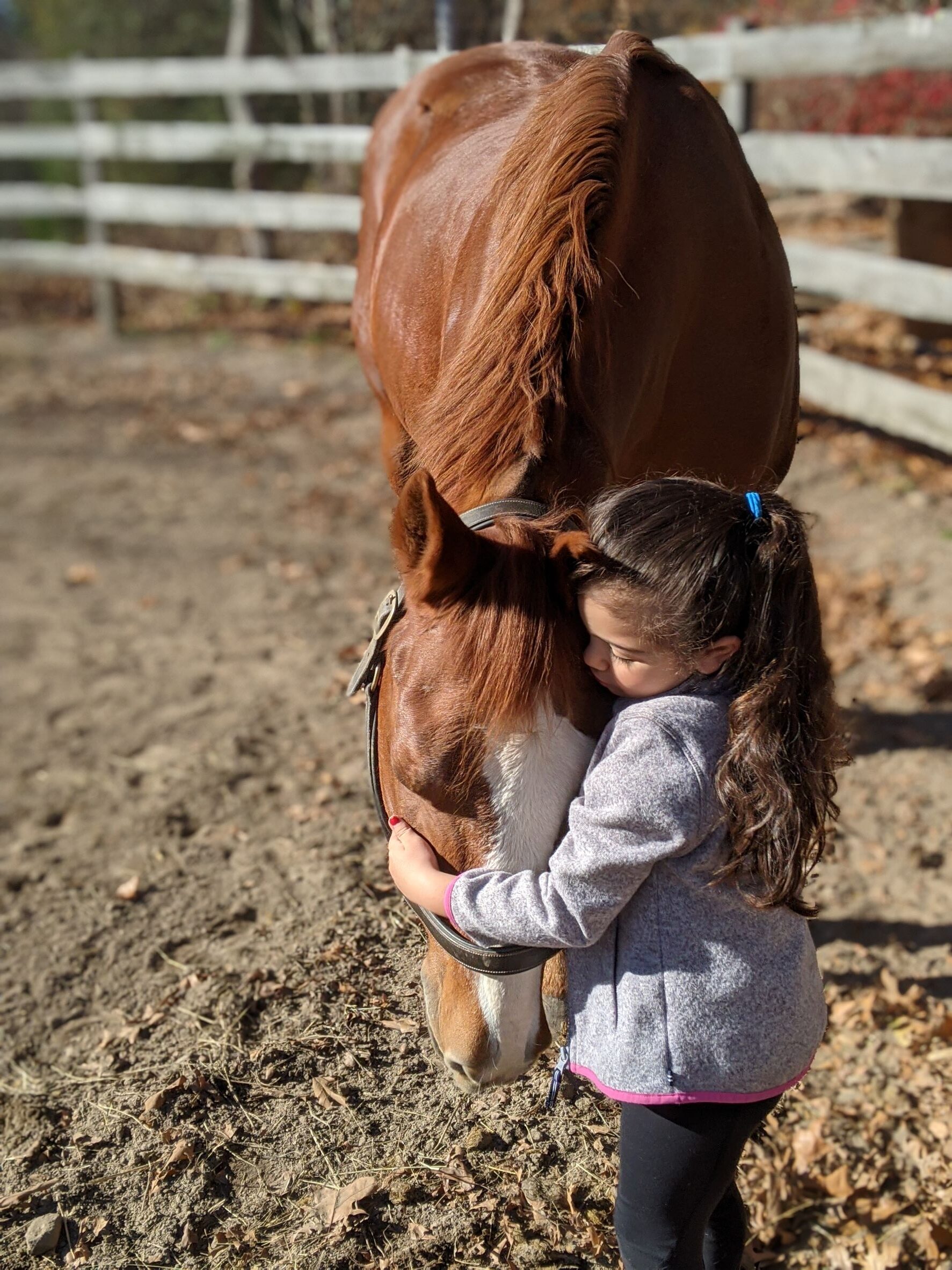 Image Showing a calm horse and child bonding under evening sun (Source: The Flaxen Filly)
Image Showing a calm horse and child bonding under evening sun (Source: The Flaxen Filly)
Do you need help caring for your horse? Visit Doctor Hulk Veterinary Hospital for hoof care, feeding advice, training support, and more. You can call 08143397614.




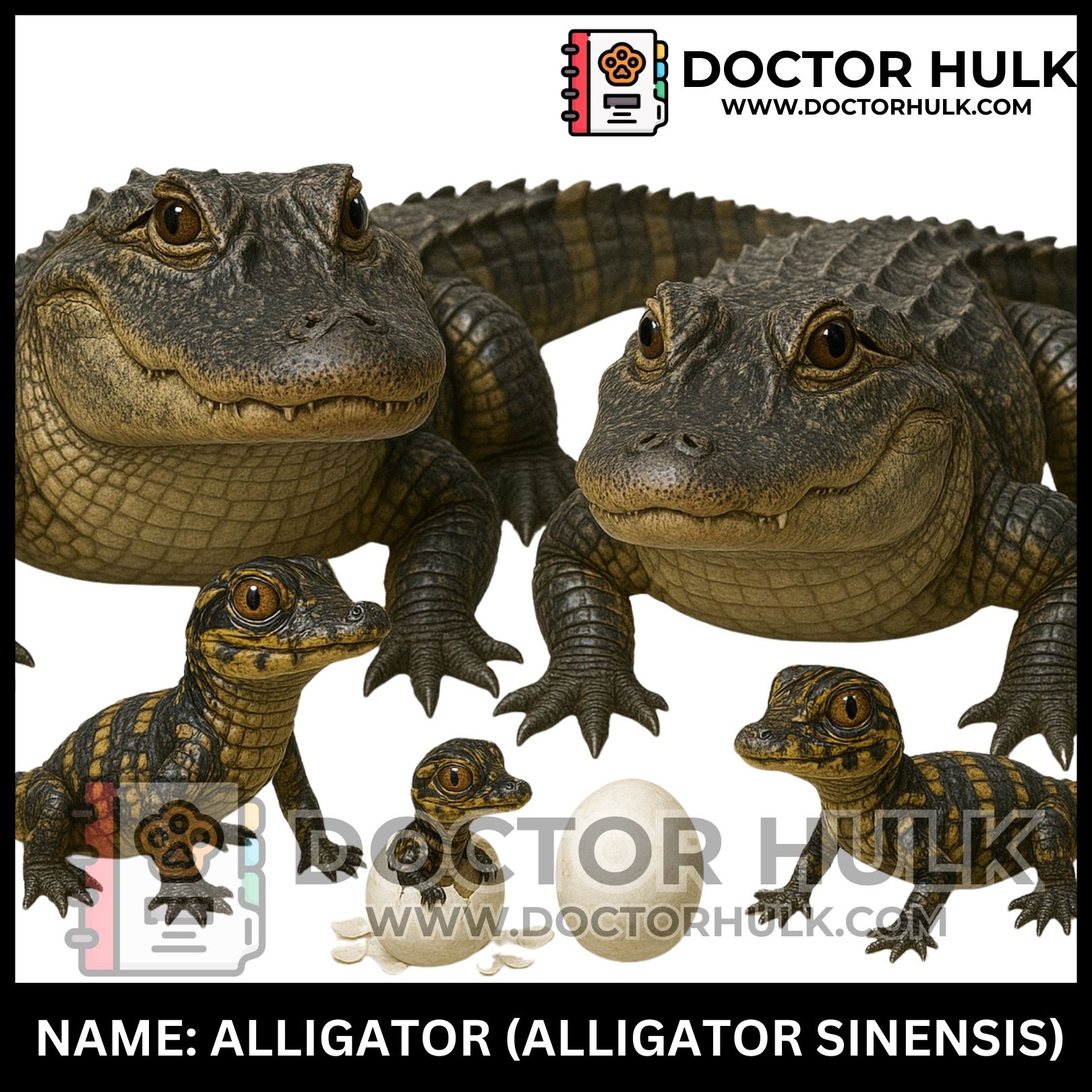
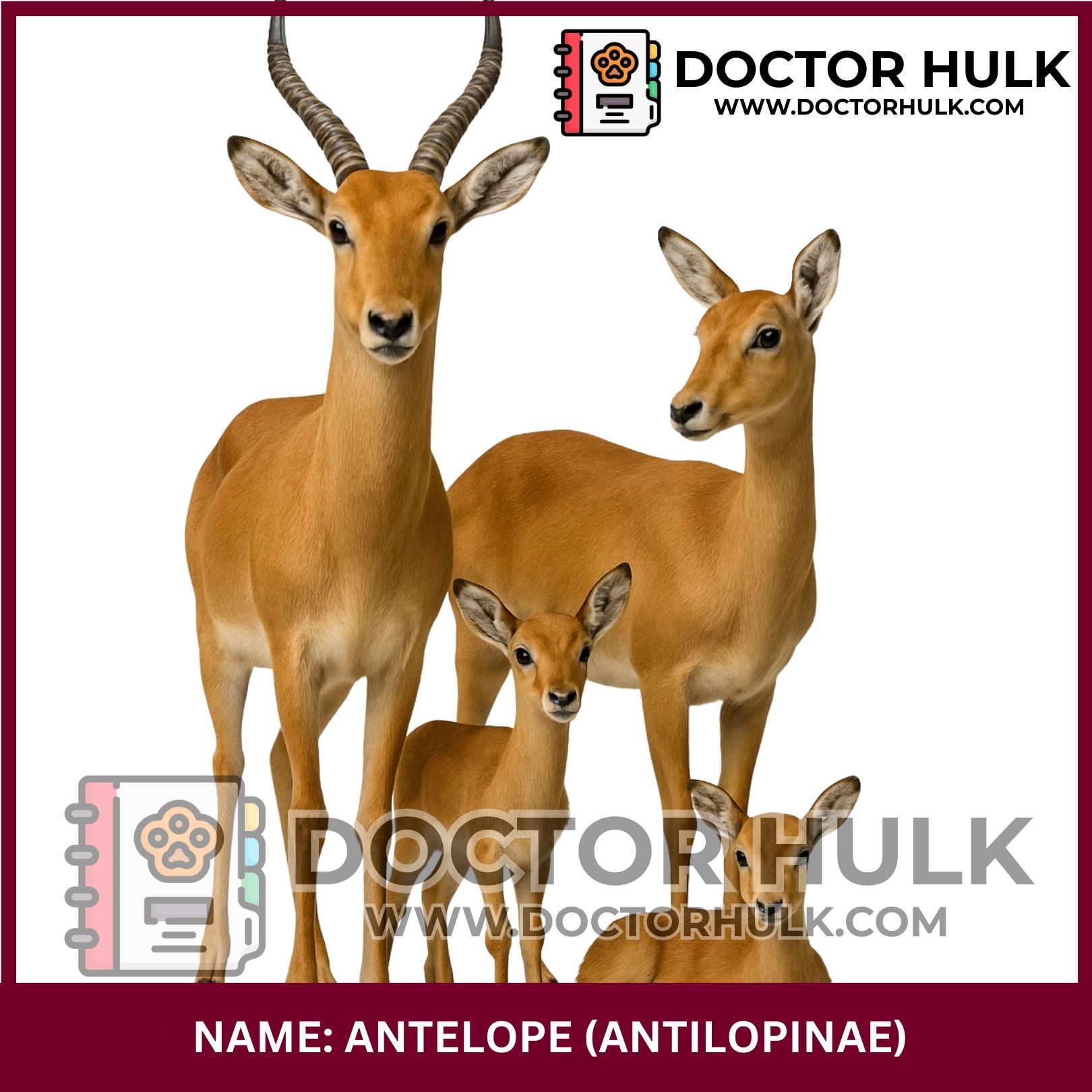
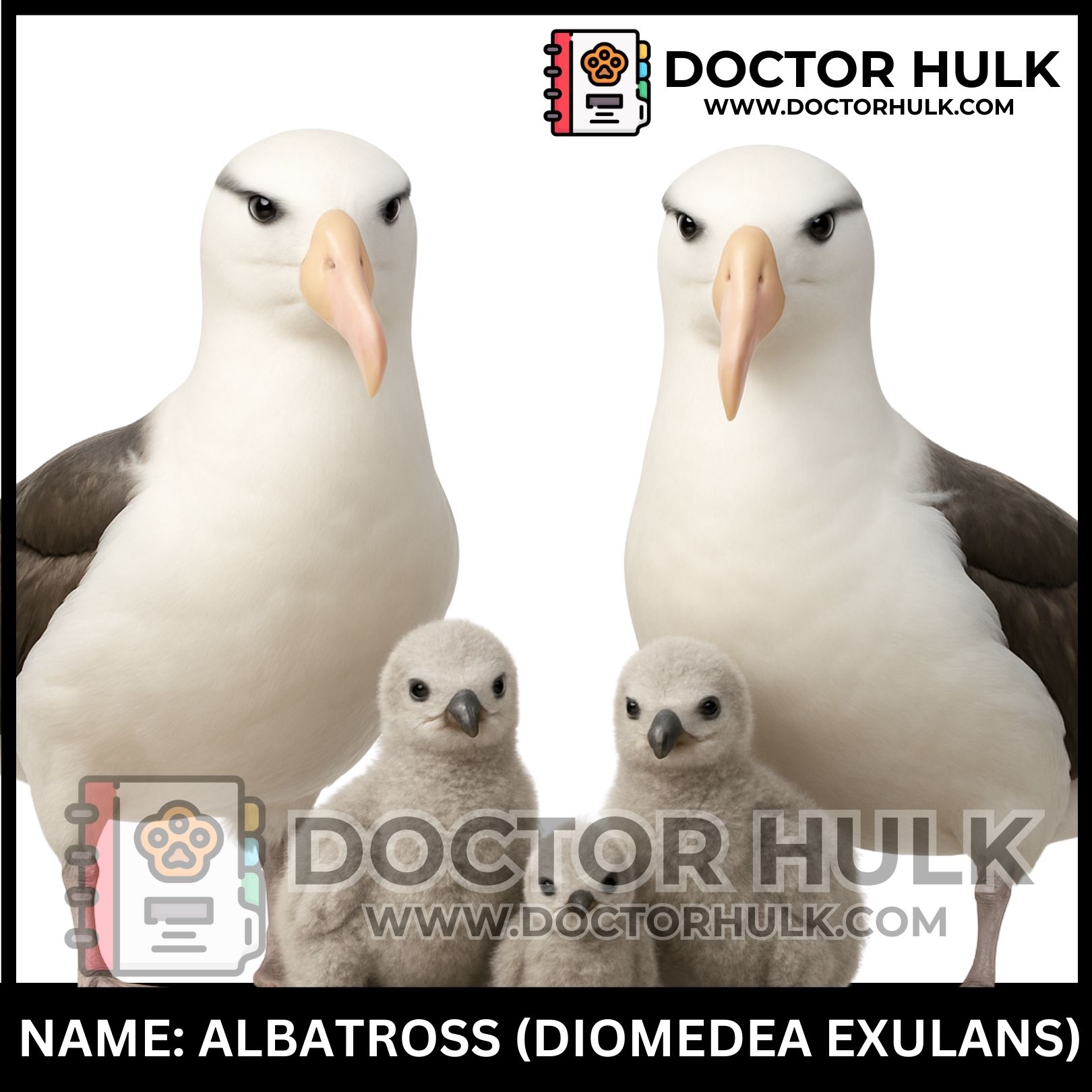
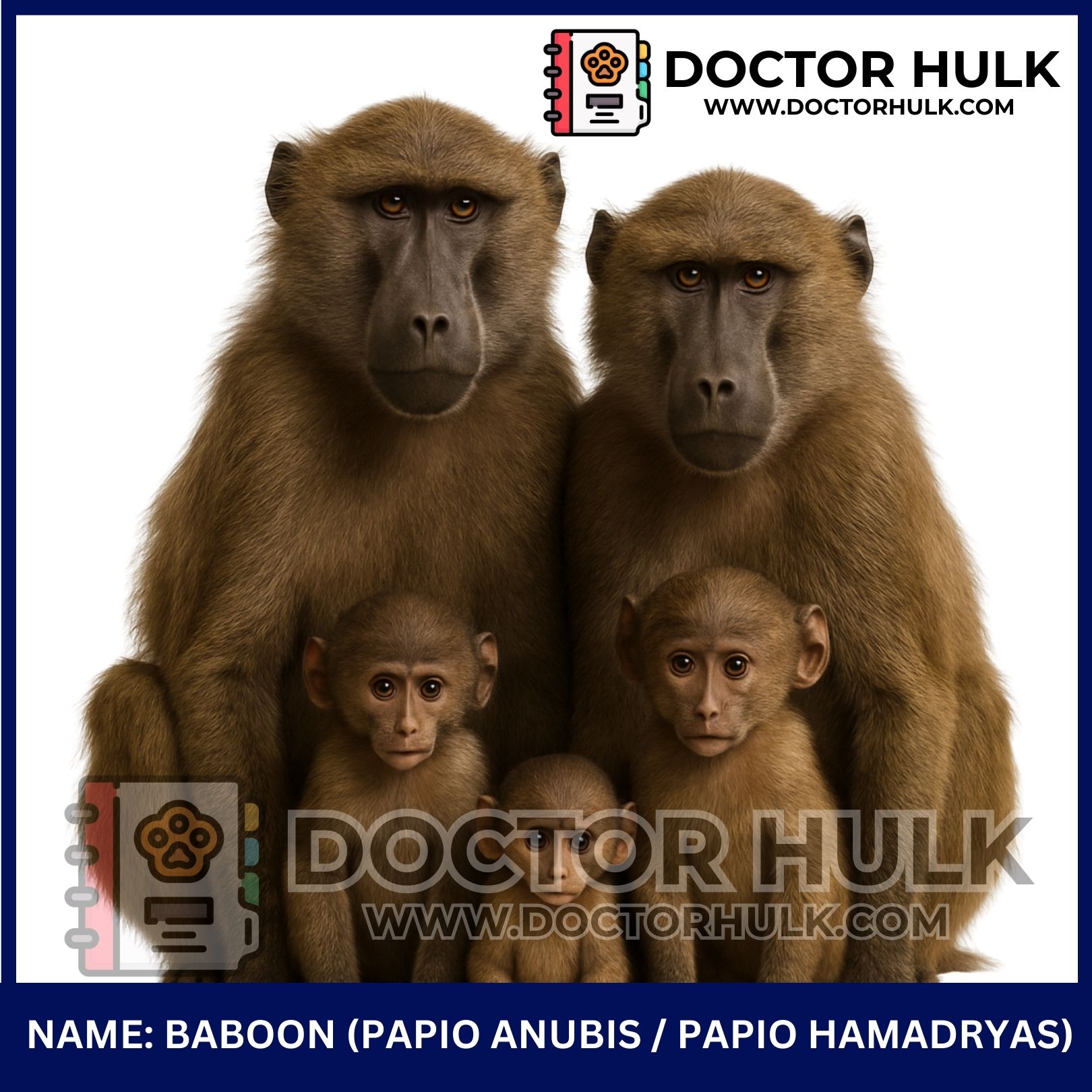
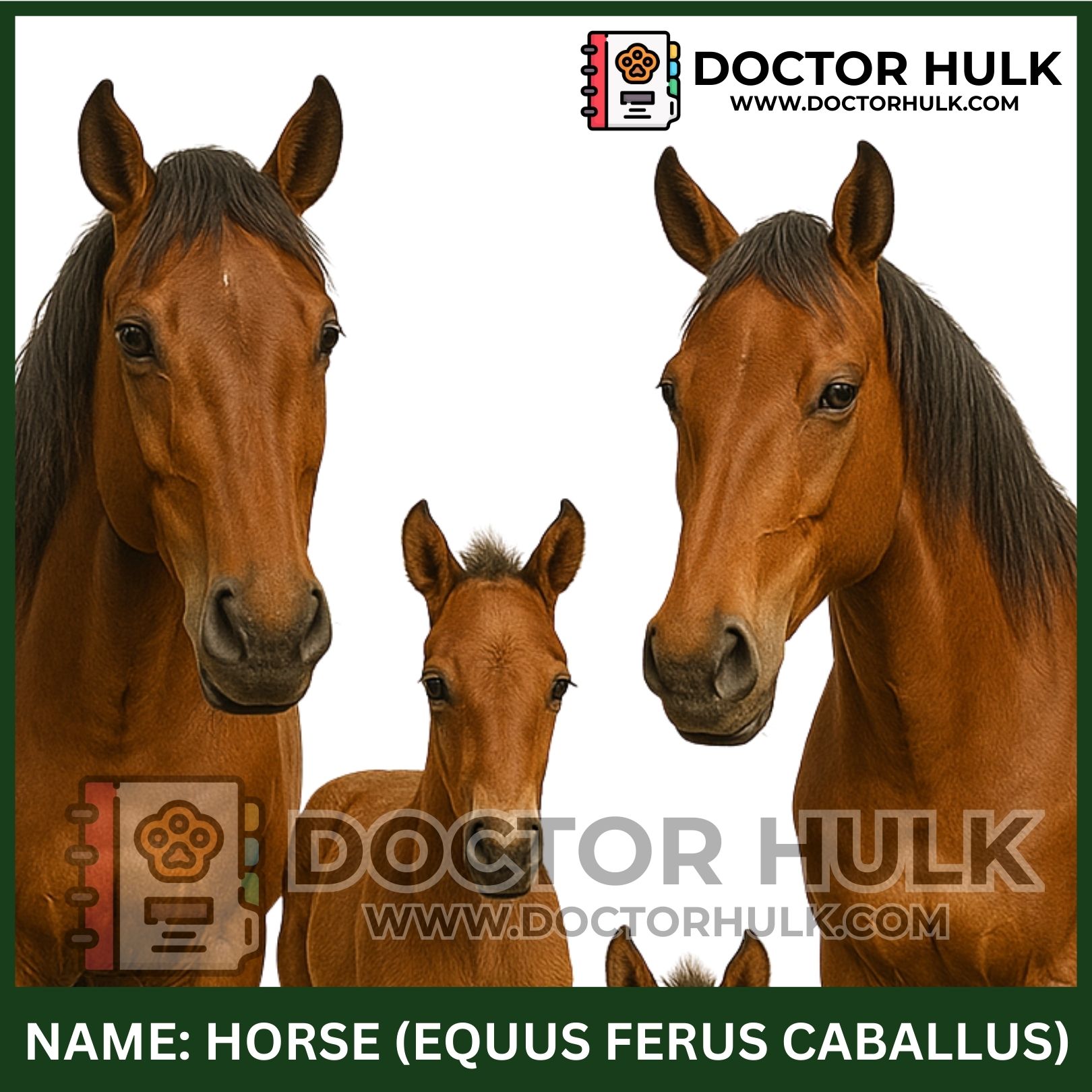
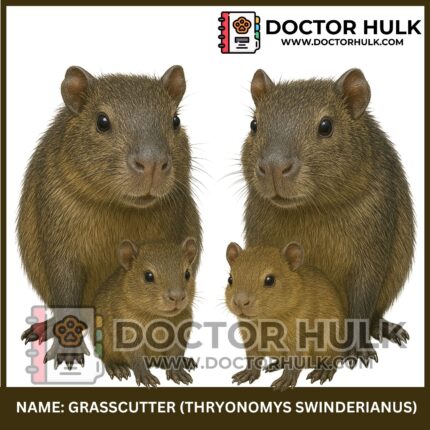
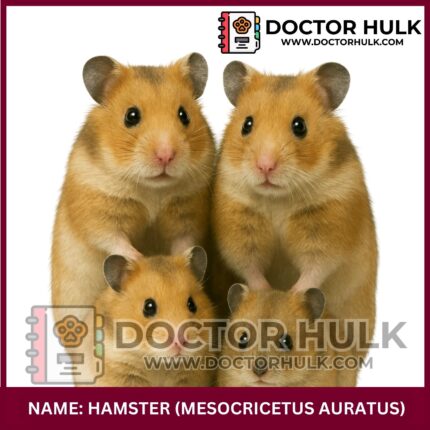


Reviews
There are no reviews yet.